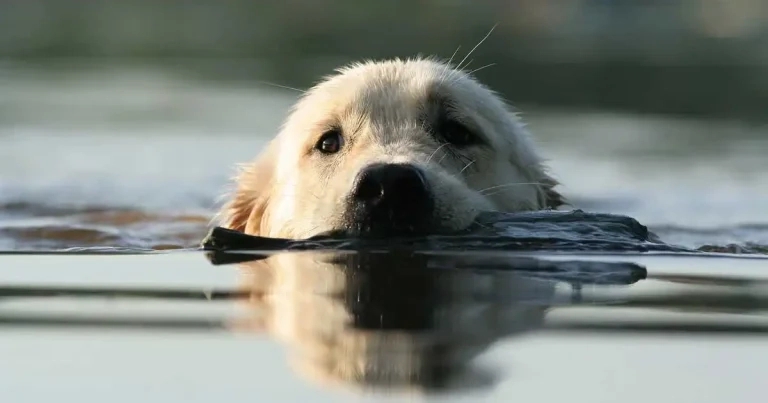5 Aug 2025
Cross-government PiE Group roadmap is primarily focused on fipronil and imidacloprid due to the volumes of those chemicals finding their way into UK waterways.

But campaigners who want use of the chemicals banned now say the measures “fall far short” of the action they believe is needed.
The new roadmap, unveiled on 22 July, will primarily focus on fipronil and imidacloprid because of the particular concern about the volume of those chemicals that is finding its way into waterways.
The PiE group said it wants to reduce the level of treatments getting into the environment while still maintaining animal welfare.
Initially, those efforts will focus on raising public awareness of appropriate usage and disposal through collaboration between the VMD, clinicians and industry groups.
The VMD has also commissioned new research as part of what the BVA sees as a “positive” plan to develop a “more comprehensive understanding” of the topic.
Its president, Elizabeth Mullineaux, said they had long argued more analysis was needed, adding: “We will engage with the Government as this plan progresses and ensure the veterinary voice is heard.”
Industry group NOAH said it was “pleased to see a collaborative, evidence-led approach being taken to understand and address the presence of chemicals in the environment, while recognising the continuing need to protect animal and human health”.
But Pesticide Action Network UK, which led more than 20 other organisations in calling for a ban on the use of active pesticide substances in veterinary treatments nearly two years ago, argued the plan was inadequate because of the UK’s current biodiversity crisis.
It said: “It simply makes no sense to allow chemicals blocked for use in agriculture due to the harms they cause to be routinely applied by millions of pet owners every month.
“Where alternatives exist, which they absolutely do in the case of pet medicines, chemicals that are known to be harming wildlife should be taken off the market.”
The growth in environmental concerns linked to parasiticides has also prompted recent questions about how far practices should amend their current service provision to reduce the risk.
Vet Martin Whitehead said it was “pleasing to see Government agencies taking note of this problem”, but argued the review should consider whether current practices, such as the provision of treatments in pet health plans, is appropriate.
He also called for product data sheets to be amended to advise owners not to allow pets to swim for at least 28 days after spot-on applications following research findings and a shift away from year-round treatments.
He said: “The profession should move towards showing owners how to monitor their pets for fleas and ticks, and use parasiticides to treat infestations, with preventive use for high-risk animals or high-risk situations only.”
But ESCCAP chair Ian Wright said he was pleased the issue was being taken “seriously” and looked forward to seeing how the plan’s collaborations progress.
He added: “Only by working together can we reduce environmental contamination while also ensuring that poor parasite control does not compromise animal and human health.”